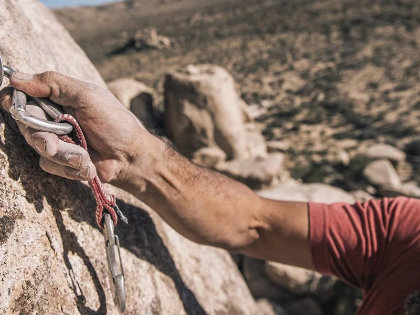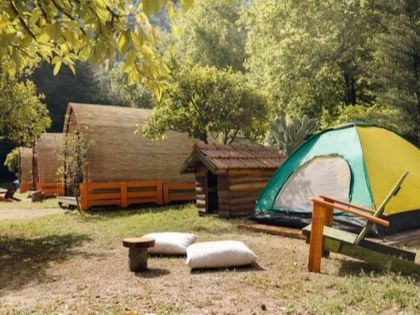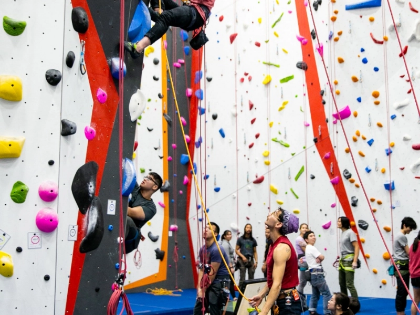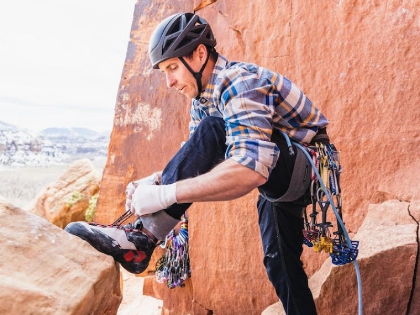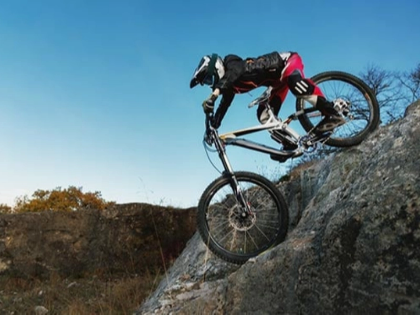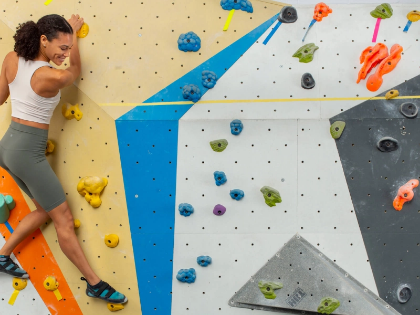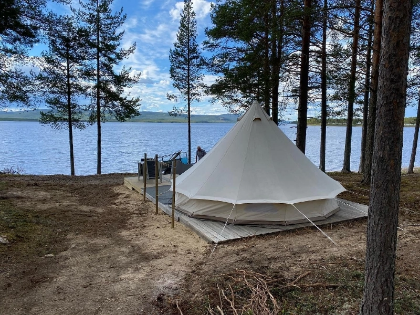Is Hiking Better Than Leg Day?
While hiking can be a great way to strengthen your legs, leg day should not be completely replaced with hiking. This is particularly valid if your goal is to develop your glutes and legs.
Hiking has the potential to negate the effects of regular weight training at the gym on muscle gains. This is due to the possibility of severe leg discomfort from mixing treks with leg days.
It makes your legs stronger.

Your legs must move in different ways during hiking in order to navigate the constantly shifting terrain. Unlike high-intensity training, the continuous movement tones and sculpts the leg muscles without taxing them excessively. In addition, regular hiking swiftly burns calories to tone legs for definition and minimise thigh fat.
The majority of hikes involve climbing in the ascent and decreasing in the descent, which works your legs' main muscle groups. While the downhill walking phases build your knees and hip flexors, the uphill walking exercises your quads, hamstrings, and gluteal muscles. Additionally, the additional weight from a rucksack gives your arms and shoulders vigorous exercise for your upper body.
In addition, walking on level pathways may not work the tiny muscles in your shins and calves, but hiking does. However, as your hikes get harder, your legs will get stronger, which will make you more solid and confident when walking, running, and engaging in other outdoor activities.
It enhances your equilibrium.
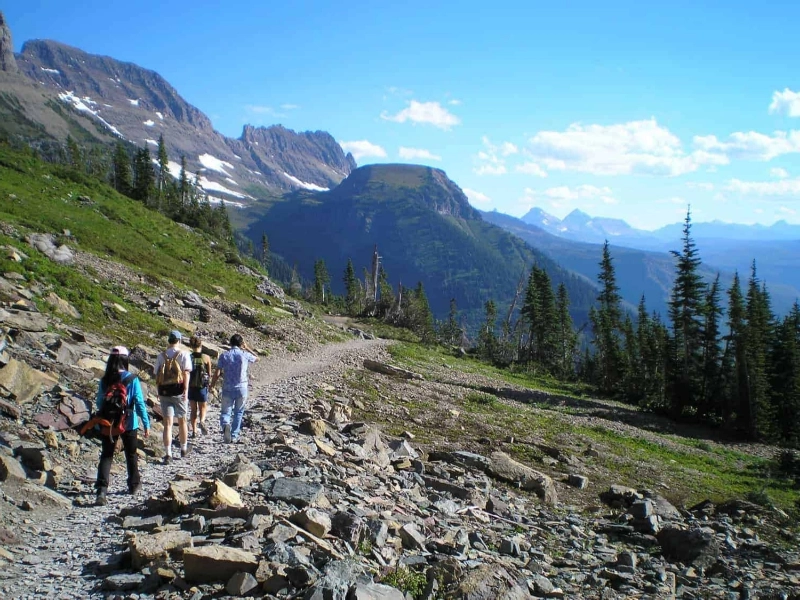
Hiking requires you to step over fallen branches, climb steep inclines, and avoid slick rocks with your entire body moving in different directions. It works the core muscles in your arms, back, and stomach. If you carry a rucksack, it also tones your quads, hamstrings, and calves.
Getting around on uneven ground throws off your equilibrium as well. Hiking enhances your coordination and balance. Wearing shoes with superior traction and support is a smart idea.
Hiking improves your emotional health in addition to your physical wellness. Research that was published in the journal Environmental Science & Technology indicates that spending time outside lowers stress levels and improves emotional wellbeing. Additionally, the exercise activates brain development cells, which can enhance memory and creativity, among other aspects of cognitive function. Hiking has also been demonstrated to improve sleep habits. This could be a result of it raising melatonin synthesis and lowering cortisol levels. Consequently, this encourages more peaceful and profound sleep.
It fortifies your core.

Hiking is a full-body workout that tones your core and legs. The larger leg muscles (hamstrings, glutes, and quadriceps) assist you in climbing over rocks and uneven terrain while you hike uphill. These same muscles help keep you from falling forward on the trail as you descend.
Because hiking requires you to maintain your balance and regulate your movements on uneven terrain, it also strengthens your core. Throughout the hike, this exercise works all of the minor stabilising muscles in your back, hips, and abdomen to help you maintain a strong, stable position.
Hiking enhances your general fitness in addition to building muscle and enhancing balance. Hiking and other regular aerobic exercise promote the creation of new brain cells in the hippocampus, a region linked to mental clarity and long-term memory. Hiking increases heart rate and improves endurance, which both benefit your cardiovascular system.
It aids in stress relief.

You can reduce stress and increase your general health by hiking. Your body is put to the test in a variety of ways during the workout, including walking on uneven terrain and hard terrain navigation. Your muscles get stronger and more resilient as a result of these changes, which make them work harder. Additionally, hiking raises serotonin levels, which lowers anxiety and despair.
There's also an innate satisfaction that comes with hiking. According to a Stanford University study, those who spend time in nature report feeling happier and more grateful while also reporting reduced levels of stress and aggression.
Hiking, like other low-to-moderate-intensity physical activities, lowers cholesterol and your resting blood pressure, which is good for your heart. Additionally, it raises your oxygen intake (VO2 max), or the maximum volume of oxygen your body can absorb in a minute via your heart. Hiking burns calories in the form of fat, carbs, and protein, making it an excellent cardiovascular workout, according to Jessica Kelley, owner and coach at Evergreen Endurance.



